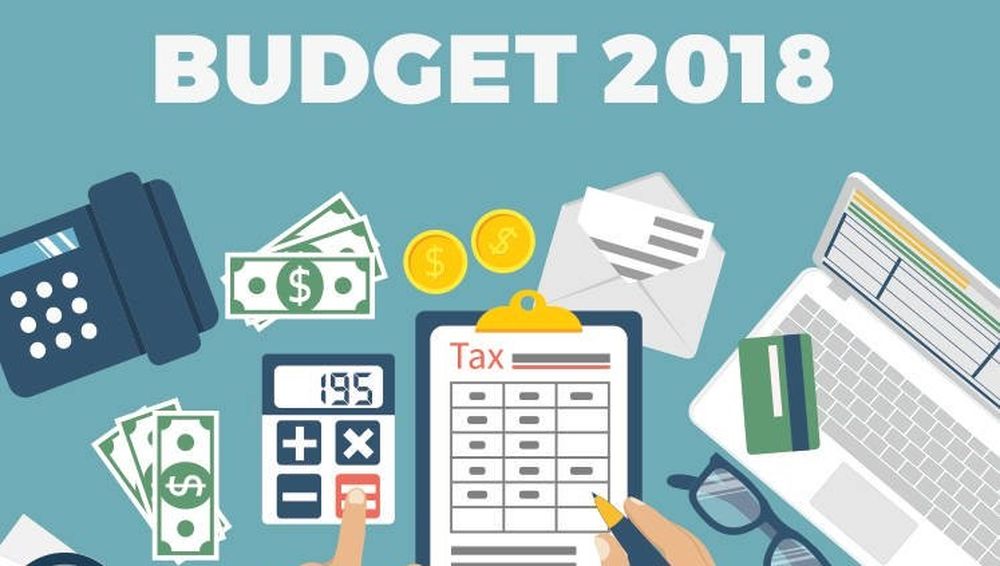The Pakistan Tehreek-e-Insaf (PTI) government-elect will reprioritize the budget for the current fiscal year 2018-19 after taking charge as per party’s manifesto to implement austerity measures by minimizing expenditure and taking steps to broaden the tax base.
Sources in the finance Ministry, however, stated that so far the ministry has not received any instructions for preparation of new budget by the government-elect. However, they do not rule out reprioritization of the budget presented by the previous government.
They added that tax base is very narrow to cater for over ambitious reforms agenda of the party in the social sector. There is hardly anything left in the tax collection after fulfilling debt servicing obligation, defence and salary allocations.
Thus, the broadening of tax base is critical to create fiscal space for implementation of party’s manifesto, sources in the finance ministry added.
We are prepared to follow the instructions whether these are for presenting new budget or reprioritization of the existing one, they added.
There is very little space to slash current expenditure as around 80 percent of the current expenditure goes for debt servicing, defense and salaries. The next government will have fiscal space in development allocations as a block allocation in the federal public sector development programme (PSDP) was earmarked by the previous for its successor.
Additionally, the PTI’s government can also slash the overall development allocations for the current fiscal year.
They added that the economic challenges are enormous with the date of repayment of debts in the horizon, and the swift slide in the foreign exchange reserves following the increase in the current account deficit.
The new government’s emphasis must be on to increase exports by clearing their outstanding refunds claims as well as providing swift clearance duty drawbacks on local taxes.
FBR officials said that they will make any new recommendations on taxation measures or withdrawal of exemptions following policy directions of a new Finance Minister. The FBR has implemented the budget (2018-19) as per Finance Act 2018 from July 1, 2018.
If we get any directions from the new government, the FBR will make recommendations or changes in the Finance Act 2018.
They said that even the constitution of the Directorate General of Immovable Property as notified under Finance Act 2018 would be done under the guidance of new government.
So far, no directions have been received from the Finance Ministry to draft new budget proposals. However, the government is reviewing regulatory duties on the import of around 1,000 items.
Under Finance Act, 2018, the increase of additional customs duty from 1 to 2 percent on imports across the board would generate Rs 25-28 billion in 2018-19. If additional customs duty has been proposed to be increased from 2 to 3 percent, it would generate additional revenue.
One of the major relief measures announced in last budget was reduction in income tax rates for individuals.
Under the measures taken to broaden the tax base, sources said that the rationalization of withholding tax rates for non-filers would generate Rs 1.6 billion in 2018-19. The FBR has consistently espoused the policy of creating a distinction between compliant and non-compliant taxpayers. In order to enhance the cost of doing business for non-filers, withholding tax rates have been increased for non-filers in the case of supplies/sale of goods and contracts under section 153 of the Income Tax Ordinance. For sales/supplies, the rate of tax for non-filers has been increased from 7% to 8% in the case of companies and from 7.75% to 9% in the case of persons not being companies. For contracts, the rate of tax for non-filers has been increased from 12% to 14% in the case of companies and from 12.5% to 15% in the case of persons not being companies.
FBR has introduced a major documentation measure by imposing restriction on non-filers to purchase new motor vehicle manufactured in Pakistan or new imported vehicle. Under the Finance Bill 2018, non-filers shall not be permitted to purchase new motor vehicles manufactured in Pakistan or new imported vehicles.
ALSO READ
Vehicle Delivery Times Shorten Drastically After Buying Ban on Non-Filers
Rate of further tax chargeable under section 3(1A) of the Sales Tax Act, 1990 has been enhanced from 2% to 3% by making necessary amendments in the said section vide Finance Act, 2018. Field formations are requested to enforce the said provision.

























